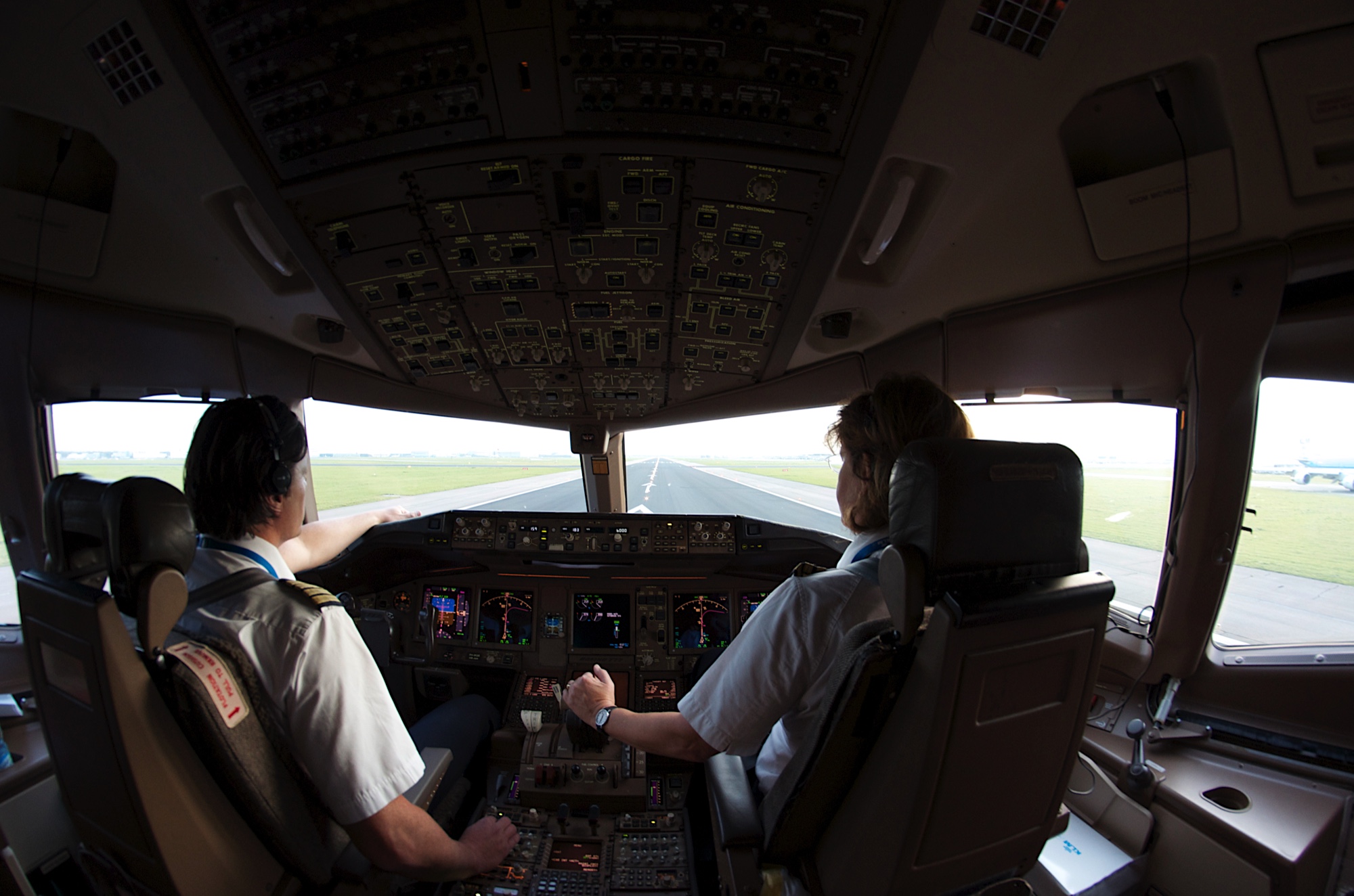
19 Sep Becoming a pilot: the good, the bad & the ugly
I want to tell you something no-one else will: becoming a pilot is not always a good idea.
It sounds provocative, I know. Especially, coming from an airline pilot, who is happy with his job and living the “dream of flying”.
But through my work with the pilots in Europe, I have met (too) many young people, who were somehow deceived. Pilot training schools going bankrupt, airlines going bust, a medical issue that makes your pilot license an expensive but useless CV feature, huge loan in the bank and no job upon graduation. I have heard many stories. We, at the European Cockpit Association (ECA), have heard too many stories.
Flying is a dream. But the pilot job is a career and a very expensive one. If you are considering flying as a career, you need to make sure it does not come at the expense of your happines, health and family relations.
It is a decision that needs to be taken as much with your heart as with your mind. We felt that too much glossy advertising about the career is being done without providing aspiring pilots and their parents with the full picture about the cost of pilot training & the job opportunities after graduation. We want to tell you everything about the pilot training and the pilot career that no-one else would.
- Is this the right moment for me to start pilot training?
- How will the jobmarket look like when I finish my study?
- How do I fund my flight school?
- Which flight school is the best choice?
- Does everybody get a job?
- What kind of job?
These are some of the questions I get from young people when they start their research about a career as a commercial pilot.
Ten years ago, early 2007, confidence among airlines and flight schools was big.
All of the flight schools in Europe were producing the maximum amount of graduated students possible within their capacity. Unemployment numbers among pilots were low and the future for ‘wanna-be’ pilots looked bright.
What happened?
That same year – 2007 – a widespread financial crisis led to airlines closing their doors for new pilots in the years to come. Thousands of students from flight schools in Europe graduated and became unemployed.
The problem is however that the cost for a regular integrated flight course is approximately €100.000, which you will have to start paying back from the moment you graduate.
In the following years a large part of these unemployed pilots went into personal bankruptcy and flight schools started to go out of business due to a lack of new students, leaving their current students without money and without a pilot licence. All of these young people started with the same dream: becoming a pilot and never expected all of this to happen.
Also, those who did get jobs are all too often confronted with temporary or zero-hours contracts through an agency (no flight = no pay). Or they are asked to work as (bogus) self-employed pilots, or on Pay-to-fly schemes, where they are paying the airline for the ‘privilige’ to fly their passengers and aircraft. All those jobs – with risk of being terminated quickly – are the reality for newly graduated pilots who need to gain more experience allowing them – one day – to find a permanent job at a an airline with better labour and social conditions for its employees.
Why didn’t they expect this? The answer is: A lack of credible information by independent sources.
Real example from the Netherlands:Imagine visiting a job fair where flight schools are present to attract new students. Some flight schools hired professional salesmen (working on a commission basis) to convince young people to bring in the €100.000 with the promise that finding a job as a professional pilot would be absolutely no problem…. The reality proved to be completely different. Two years later many of those were broke, some of the parents had to even sell their house to pay off the loan.
Flight schools and airplane manufactureres like Boeing and Airbus have a track record of being extremely positive when it comes to future outlooks of the airline industry.
If their prediction had been correct, Europe would be suffering from a massive pilot shortage for the last decennia. This is not the case.
In general, the young people should be aware that lots of Flight Training Schools will always tell you that there is a looming pilot shortage. For the Flight Schools these young people are commercial clients paying a lot of money for their training and ultimately providing profit.
Young people, who are looking for the right education and career need credible information to make a decision. They should be aware that a lot of stakeholders in the airline business have a pure commercial drive when it comes to information campaigns.
Several paths are available to choose from when making the choices towards becoming a professional pilot. The website www.becomingapilot.eu will help you with additional information to make a good choice.
If you want to become a pilot: Go for it but do it with your eyes wide open!
Otjan de Bruijn (48) is a Captain on the B777, working for KLM Dutch Airlines . In the early 90’s he did flight training at the CAE flight school in the Netherlands.
He combines his pilot duties with the function of Board Member Professional Affairs at the European Cockpit Association.


